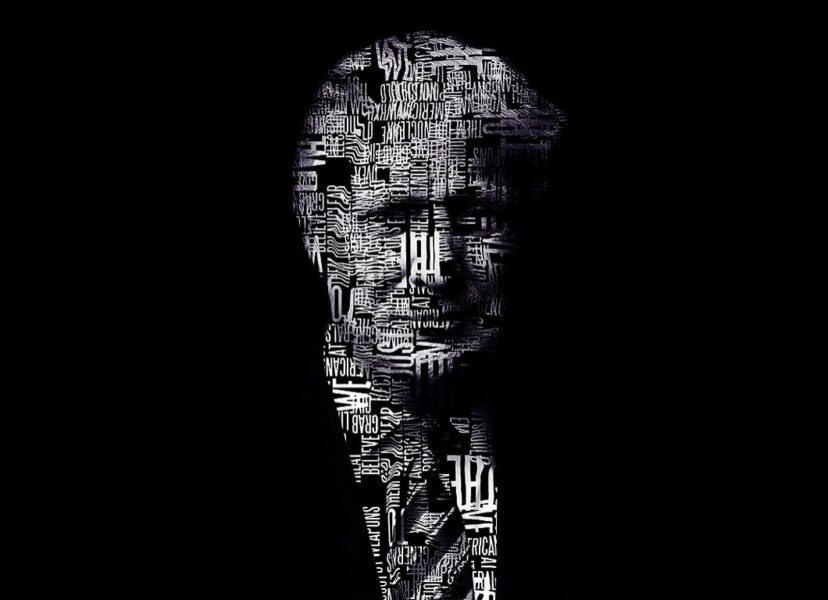It is ultimately up to history to determine how former President Donald Trump will be remembered. However, there are several key factors that will likely influence how history views his presidency.
One factor is the impact of his policies and actions on the country and the world. During his presidency, Trump implemented a number of controversial policies, including the travel ban on several predominantly Muslim countries and the withdrawal from the Paris Climate Agreement. Historians may view these and other actions as having significant consequences for the United States and the world.
Another factor is Trump’s approach to leadership and the presidency. Trump was known for his confrontational style and tendency to challenge established norms and traditions. This approach may be viewed as disrupting the traditional functioning of government and potentially damaging the reputation and credibility of the United States on the global stage.
Additionally, Trump’s impeachment and subsequent acquittal by the Senate will likely also be remembered by history. The impeachment process was a significant event in the history of the United States, and how it is remembered will depend on the perspective of the historian. Some may view it as a justified check on the actions of an abusive president, while others may see it as a partisan attack on a democratically elected leader. Trump routinely alienated his relationships with foreign allies in the wake of cozying up to dictators like Russia’s Putin and North Korea’s Kim Jong Un.
During his presidency, Donald Trump was often accused of acting in an undemocratic manner. There were several key actions and behaviours that contributed to this perception.
One aspect of Trump’s presidency that was viewed as undemocratic was his treatment of the media. Trump frequently attacked journalists and media outlets that he perceived as critical of him, often using derogatory language and baseless accusations of bias. This behaviour was seen as an attempt to undermine the role of the media as a check on government power and a threat to the freedom of the press.
Trump was accused of cozying up to authoritarian leaders and of compromising the independence and integrity of the United States by appearing to prioritize his own interests over those of the country.
Additionally, Trump’s handling of the 2020 election and his baseless claims of voter fraud were also viewed as undemocratic. Trump’s efforts to overturn the election results and his efforts to pressure state officials to overturn the will of the voters were seen as a threat to the integrity of the electoral process and a betrayal of the principles of democracy.
The crescendo of Trump’s lies and manipulation ultimately lead to the deadly insurrection. January 6, 2021, insurrection at the United States Capitol was a violent and disturbing event that resulted in the deaths of five people and caused significant damage to the Capitol building. Former President Donald Trump played a key role in the events leading up to the riot, and his actions and rhetoric were seen by many as contributing to the climate of division and extremism that led to the attack.
In the months leading up to the riot, Trump repeatedly made baseless claims that the 2020 election had been stolen from him and that he was the rightful winner. He encouraged his supporters to “never give up” and “never concede,” and he held a rally on January 6 in which he exhorted his supporters to march to the Capitol and “never give up.” Some of Trump’s supporters subsequently stormed the Capitol, disrupting the certification of the electoral college vote and causing widespread chaos and violence.
Trump’s actions and rhetoric were widely condemned by lawmakers and other public figures, who accused him of inciting the riot and undermining the peaceful transfer of power. Trump was subsequently impeached by the House of Representatives on charges of incitement of insurrection, and he was later acquitted by the Senate.
Overall, the actions and behaviour of Donald Trump during his presidency were viewed by many as a threat to the democratic values and institutions of the United States. These actions and behaviours may be remembered by history as a troubling chapter in the nation’s history and a warning of the dangers of authoritarianism.
Ultimately, how history remembers, Donald Trump will depend on a variety of factors and will be shaped by the perspective of future historians. It is important to consider a range of viewpoints and to strive for an objective understanding of his presidency.









